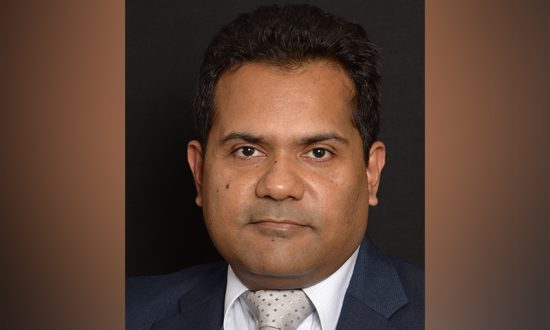Prof. Animesh Bahadur is a Professor of Human Resource Management at T A Pai Management Institute. He has over 20 years of experience in academics and two years of experience in journalism. He is also involved with consultancy for non-profit organisations and social enterprises since 1996, including conduct of strategic reviews, social audit and conduct of MDPs.
Today’s aspirational society finds more promise in higher education than ever. However, the flip side of this promise is the cynicism about higher education with its limited professional relevance. From engineering to fine arts, the graduates in India often feel underutilized at work. Many aspire to move from technical to managerial roles and hence often quit their job to pursue a PGDM or MBA. Unfortunately, most MBA graduates in India get placed at a junior level, not very different from their previous job. In addition, the MBA journey in India is not much different from an undergraduate degree. This discrepancy is not so evident in the developed nations, where the undergraduate courses are designed to appropriately address the managerial needs at the beginner level. Indian undergraduate programs in Business (predominantly the BBA degree) are yet to catch up with the international trends. The positive side, however, is the clear policy move towards the international standards to meet both the participants’ aspirations and the industry needs. If the trend continues, it could herald a new future for business education in India. This article discusses the current context and the required changes for being future-ready.
It is important to understand the context of business education in India before we look at the BBA and MBA linkage. Dominated by stand-alone B-schools, the focus traditionally has been on MBA programs modelled after the best in the world. There are, however, some contradictions in the replication of this model. This starts with the profile of the candidates. The typical MBA participant in the West often comes with five or more years of work experience. The MBA is meant to prepare the candidate for a higher-level managerial role. The Indian participant, on the other hand, is often a fresh graduate looking for basic knowledge of management (akin to the Masters in Management programs abroad) and is fine being placed at a junior managerial level. Many times, such a candidate struggles with participant-centred learning methods that are the hallmark of any good B-school. In addition, inadequate practical exposure leads to a lack of appreciation for significant dimensions related to organizations. Many B-schools, including the newer IIMs, have been struggling with the contradiction between academic rigour and less appreciative participants. Also, when the placements belie the expectations created by the rigour, the average MBA graduate often feels frustrated. Looking at the global context, one realizes that a well-structured undergraduate degree like BBA could better serve the purpose here. The challenge, however, is that very few BBA programs are ‘well structured’.
A good four-year undergraduate degree in business is as much a focus in top B-schools of the world as is the MBA. A good undergraduate program is interdisciplinary, ensuring the inculcation of critical thinking, social sensitivity and creativity through the four years of the course. The average graduate from such programs generally starts as a rookie manager and grows well into the career. The candidate with a thorough grounding in fundamentals and good basic managerial skills in due course often becomes the appropriate candidate for reputed MBA courses. The programs like BBA are, however, no match to the ones in the West. Often modelled as a hybrid between BCom and MBA, these programs do not have a clear vision or an independent identity. Many BBA programs are not truly holistic. As of now, most such programs are for three years and offer placements akin to those for the commerce graduates. This situation can be drastically altered with the New Education Policy (NEP) that proposes four-year undergraduate degrees. Some progressive institutions have already started working on a more holistic four-year degree, and the industry, as well as MBA institutes, are seen to positively respond to such programs.
The best examples of BBA laying a good foundation for an MBA in India come from the five-year integrated programs. The candidates not only had a smooth transition but also proved to be equals to those who entered the MBA programs laterally. In addition, many private universities have developed coveted BBA programs, which are often providing the best candidates for MBA to B-schools. This, though, is not a reason for complacency. A lot still needs to be done to reach international standards.
The situation is ripe for aligning undergraduate business education in India with the best in class. The BBA graduate is exposed to interdisciplinary education and contemporary skills that best serve the managerial needs of the organizations and, with due experience, be the most suited for an MBA. It is time for the stakeholders to adapt to the current needs and have a more meaningful start for a managerial career.




